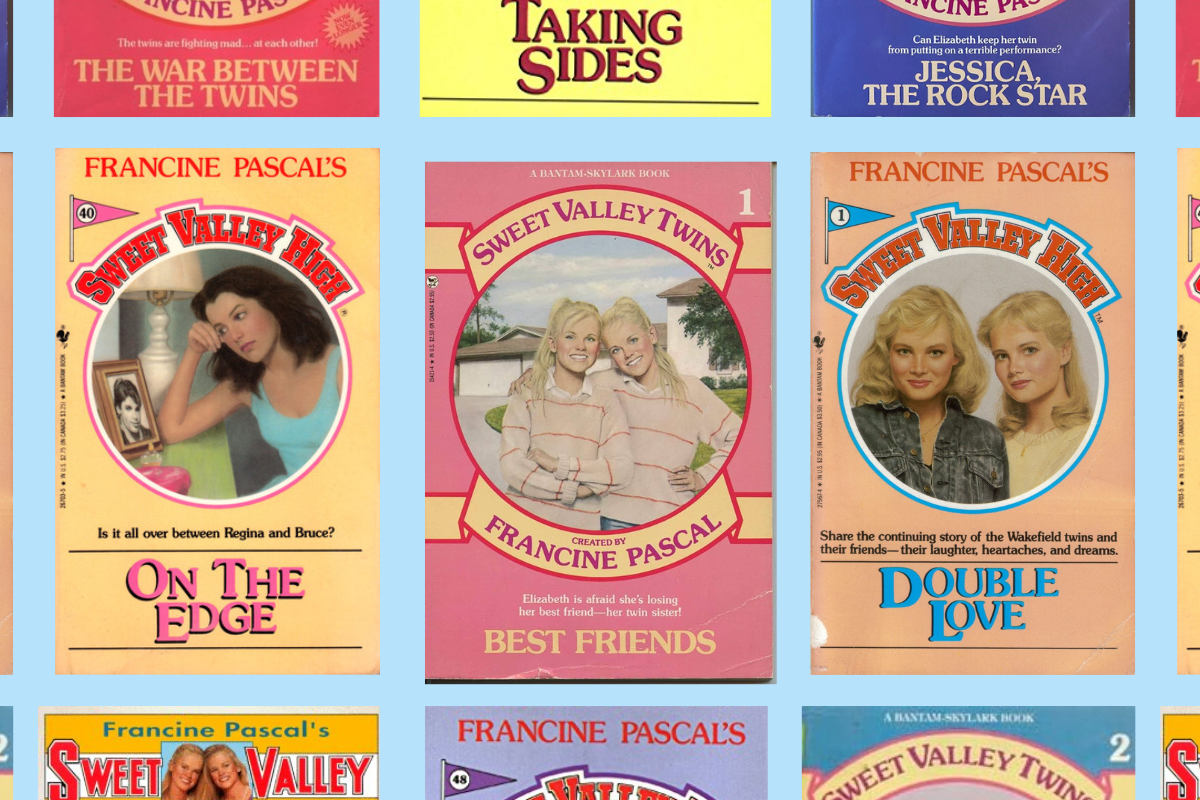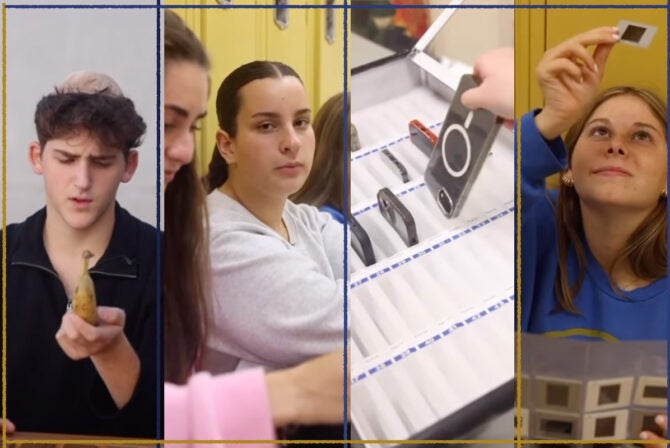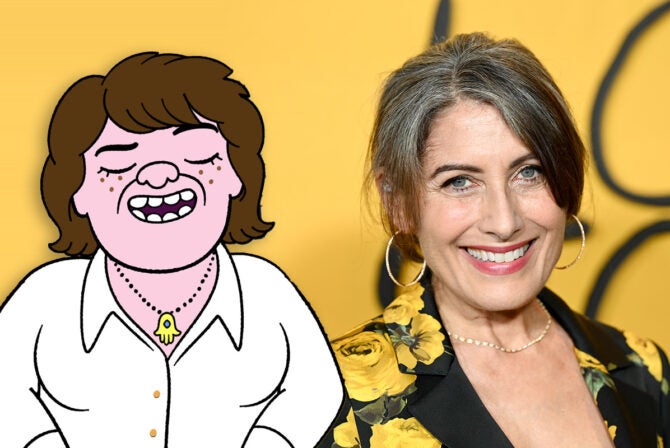When the news broke this week that Francine Pascal, the creator of the “Sweet Valley High” universe, had died at the age of 92, many people’s thoughts probably turned to the identical twins at the center of the Sweet Valley universe: Elizabeth and Jessica Wakefield.
I, on the other hand, thought about Regina Morrow, a side character who entered the spotlight in the one “Sweet Valley High” book I ever read. In “On the Edge (Sweet Valley High #40)” Regina, a “good girl,” is peer-pressured into trying cocaine at a party and dies because — we later learn — she has an undiagnosed heart murmur.
Did other people remember this tragic character? Still think about her from time to time, decades later? A quick search on X showed me that yes, yes they did:
Francine Pascal convinced a generation of young girls to worry that perhaps we, too, had an undiagnosed heart condition. She perpetuated the superstitious belief that we would die the very first time we did cocaine.
And somehow, I still had no idea until yesterday that she was Jewish.
That’s right — Francine Pascal was born Francine Paula Rubin and grew up in Queens, New York with her Jewish family. Her brother, Michael Stewart, was also a writer, a playwright. You may have heard of a few of his works, “Bye Bye Birdie” and “Hello, Dolly!”
Though I only read one “Sweet Valley High” book, I devoured the entire “Sweet Valley Twins” spinoff, which followed a younger Elizabeth and Jessica through middle school. I think what drew me to the series was that — as the writer Maris Kreizman wrote this week in her Substack — the books were essentially fantasy for a kid like me. Elizabeth and Jessica were both “popular” (Jessica was part of the elite mean girl Unicorn Club); I struggled to fit in so much that there were times when I felt like my only friends were the Wakefield Twins. I was an only child; this was a book about the ultimate only child fantasy: being a twin. And perhaps most unfair to me at the time, the Wakefield Twins were “all-American,” which in the 1980s apparently meant pretty, tan and blond with blue eyes. They fit in naturally; I was an unfashionable Jewish kid in the South with frizzy hair that wouldn’t cooperate. It never, ever would have occurred to me that these girls were created by a Jewish woman. Or maybe it makes perfect sense — were these characters a fantasy for her, too?
According to her obituary in The New York Times, Francine Pascal had never been to Southern California when she wrote the first “Sweet Valley High” book in 1983. She’s mentioned in interviews that she was always fascinated with twins (same). But she wasn’t as socially tragic or listless as I was as a 12-year-old in the late ‘90s: She was an accomplished writer in her 50s who had found success writing soap operas (which doesn’t seem surprising when you re-examine Regina Morrow’s untimely death and some of the other “Sweet Valley High” plotlines). After writing the first 12 books in the “Sweet Valley High” series, Pascal hired a team of ghostwriters to keep up the pace of her exploding empire, which included the aforementioned “Sweet Valley Twins,” another spinoff called “The Unicorn Club,” and the popular “Sweet Valley High” TV series that ran from 1994-1997.
I sometimes wonder if my memories are blurring — that I didn’t escape the loneliness caused by my differences by diving into the world of the “Sweet Valley Twins,” but rather, only began to think of myself as different after reading over and over again how “all-American” these pretty, blonde-haired, blue-eyed girls were. But that’s an essay for a different day. Either way, a generation of kids will always associate their love of reading with the name Francine Pascal — a badass Jewish woman.









